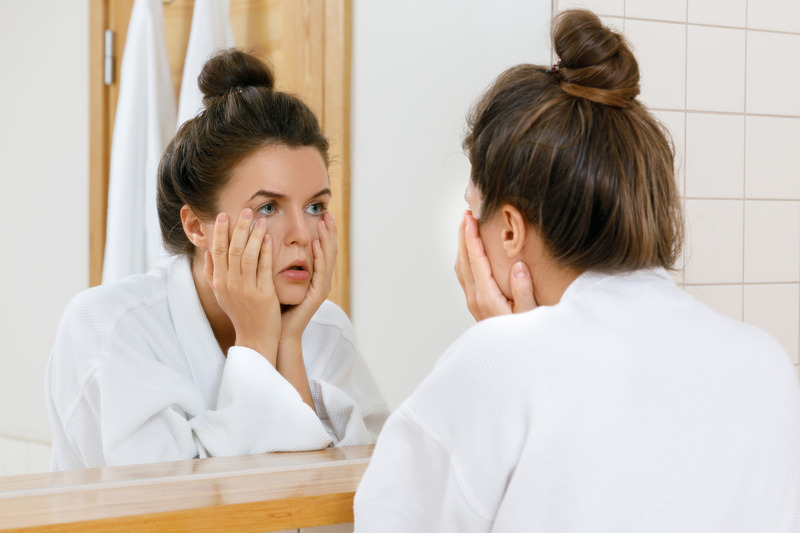
You’ve heard the phrase “beauty sleep,” but what if missing out on it does more than just make you groggy? Sleep apnea is a serious condition that affects how well your body rests, and it might be doing more than disrupting your sleep! A recent study from the University of Missouri School of Medicine found that sleep apnea may actually speed up biological aging. But what can you do? Keep reading to explore the connection between sleep apnea and aging and see how you can turn back the clock.
What Is Sleep Apnea?
Sleep apnea is a condition where your breathing repeatedly stops and starts during sleep. The most common type, obstructive sleep apnea (OSA), happens when the muscles in your throat relax too much, temporarily blocking your airway.
These interruptions in breathing can happen dozens or even hundreds of times a night, often without the person realizing it. In fact, many times it’s a partner or family member who catches the symptoms.
How Sleep Apnea Affects Your Body Over Time
When your sleep is constantly disrupted, your body can’t properly recover. Over time, this wear and tear adds up. Researchers from MU’s School of Medicine, the European Respiratory Journal, and Oxford Academic’s journal, Sleep, have uncovered several long-term effects worth knowing:
- Increased Inflammation: Poor sleep triggers inflammation, which plays a role in many age-related diseases, including heart issues, arthritis, and even cognitive decline.
- Hormonal Imbalance: Sleep is when your body balances important hormones, like melatonin and HGH. Consistent disruption can interfere with your body’s repair systems, leading to deficiencies.
- Cellular Aging: Research shows sleep apnea can shorten telomeres, which are the protective caps on the ends of your DNA. Shortened telomeres are a biological marker of aging.
- Faster Facial Aging: Poor sleep and low oxygen levels can cause under-eye bags, sagging skin, and a dull complexion, making you look older even if you don’t feel it.
So, What Can You Do?
If you suspect you have a sleep disorder, the first step is to talk to your dentist or doctor. Dentists trained in sleep medicine can often identify signs of sleep apnea during a routine exam and may recommend a sleep study with a trusted sleep physician.
Once you have a formal diagnosis, your dentist can explore treatment options like oral appliance therapy to help you find relief. Early diagnosis and treatment can improve sleep quality, reduce health risks, and even help you look and feel more refreshed and youthful.
Poor sleep doesn’t just make you tired—it can take a toll on your body and appearance over time. By addressing it as soon as possible, you protect your health, energy, and your smile.
About the Practice
At Charm Smile Dental, we take sleep health seriously because we know it affects more than just your bedtime. If you’re struggling with sleep apnea, we’ll help you find answers and solutions that support better sleep, improved energy, and a healthier, more youthful you. Call (603) 228-0123 to schedule a sleep apnea consultation with us or visit our website to explore other services.
